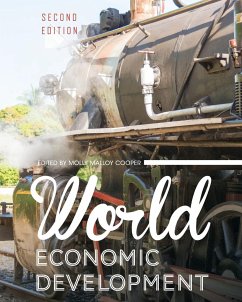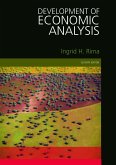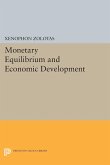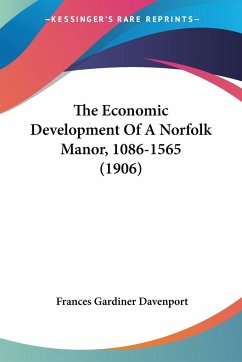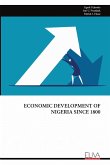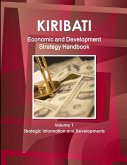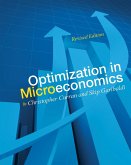The anthology World Economic Development features readings on major topics in the subject matter. The book provides analysis of critical events starting with the shift from hunting and gathering to agricultural settlements, and it addresses subsequent economic events through the Industrial Revolution and beyond. It opens with a discussion of differences in economic development and an exploration of why the whole world is not economically developed. Through the seven chapters that follow, students learn about the economic impact of the Neolithic transformation, civilization's origins in Mesopotamia and Egypt, the economics of ancient empires, and the late Roman economy. They also study the differing causes of serfdom and slavery, the First and Second Industrial Revolutions, and the 1929 Stock Market Crash and subsequent Great Depression. Taken together, the reading selections in World Economic Development make the case that economics is a driving force in history and that economic progress is an integral component in progress of all kinds. World Economic Development is designed for courses in the field, those addressing the history of economic development, and classes in international studies. Molly Malloy Cooper earned her Ph.D. in economics at Ohio State University, where she is now a senior lecturer of economics. Dr. Cooper's current areas of research include economic history, the economics of immigration, and racial wage gaps. In addition to her work with Ohio State University, Dr. Cooper has taught at Denison University and Ohio Dominican University. Her courses offerings have included classes on current economic issues and gender in labor markets. Dr. Cooper has also developed new courses such as Freakonomics, which is based on the best-selling books by Stephen Levitt and Stephen Dubner.
Hinweis: Dieser Artikel kann nur an eine deutsche Lieferadresse ausgeliefert werden.
Hinweis: Dieser Artikel kann nur an eine deutsche Lieferadresse ausgeliefert werden.

